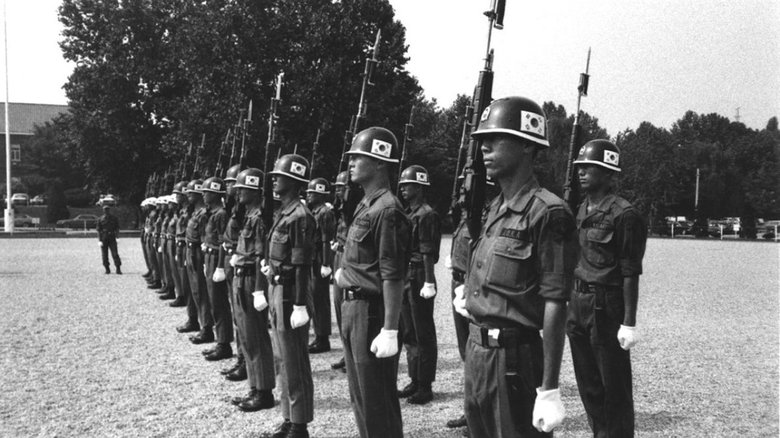Homes Apart: Korea
Genres
Documentary
OverView
They speak the same language, share a similar culture and once belonged to a single nation. When the Korean War ended in 1953, ten million families were torn apart. By the early 90s, as the rest of the world celebrated the end of the Cold War, Koreans remain separated between North and South, fearing the threat of mutual destruction. Beginning with one man's journey to reunite with his sister in North Korea, filmmakers Takagi and Choy reveal the personal, social and political dimensions of one of the last divided nations on earth. The film was also the first US project to get permission to film in both South & North Korea.
Others
Budget
$--
Revenue
$--
Status
Released
Original Language
Korean
Runtime
56 mins
Rating
0/10
Release Date
02 January 1991
Country
South Korea

